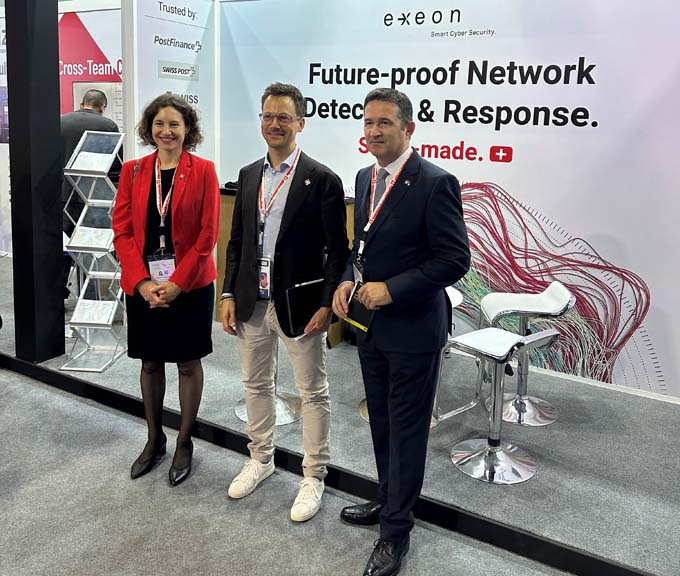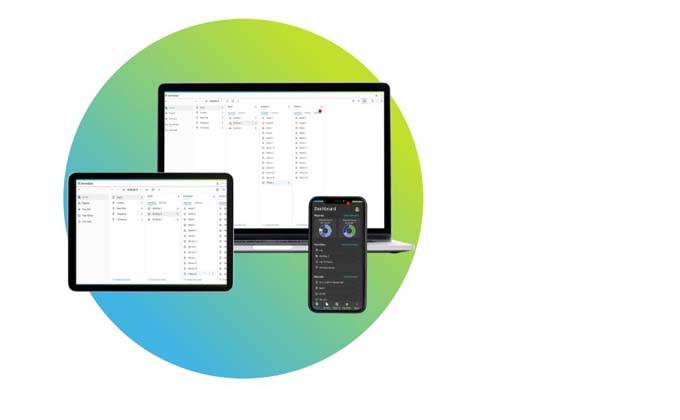Malware and full email inbox after the holidays
After the holidays, many employees' inboxes are overflowing with unread messages. This is not only annoying, but can also be dangerous. HP explains how companies can protect themselves from spam and phishing.

The first working day after the well-deserved holidays makes many employees forget about rest almost in one fell swoop: The email inbox is full of messages, some of which have to be dealt with as quickly as possible. In the face of this flood of messages, an attachment is quickly opened or a link is clicked on that should rather not have been opened. Especially in the case of supposedly open invoices that are marked "urgent" or "overdue", all precautionary measures are lost in the rush and malware can spread on the computer. Cyber criminals gain access to company-critical data via such fake mails, and in the worst case, computer viruses spread throughout the entire network. Not every user recognizes spam right away - moreover, hackers have long since upgraded their technology, and their messages now look deceptively real.
"The overflowing inbox after the holidays can become a stress trigger for employees. For companies and their IT security, however, it becomes a real danger. Even at normal times, a careless click is enough to open the door to malware. However, with the veritable glut of messages that accumulate during the off hours, fresh back a mishap is even quicker," explains Jochen Koehler, Sales Director Security Solutions at HP. "Classic security solutions won't get companies any further against cyber criminals. This is because they are dependent on the detection of the respective malware. The only sensible protective measure is therefore isolation through micro-virtualization."
With a virtualization solution like HP Sure Click Enterprise, any risky user activity-such as accessing a web page via links in documents or emails, downloading a file from such web pages, opening and editing an email attachment, or accessing the data on a portable storage device-is encapsulated in its own micro-virtual machine (micro-VM). Malware protection takes place directly on the end device, possible damage remains limited to the respective virtual instance, which is also automatically deleted after an activity is completed or a browser tab is closed. Infection of the computer itself with new, previously unknown malware and subsequently of the corporate network is thus virtually impossible.
HP is currently making HP Sure Click Pro - the single computer solution - available free of charge to all PC users. The software can be downloaded until the end of September from this WEBSITE downloaded and used.









